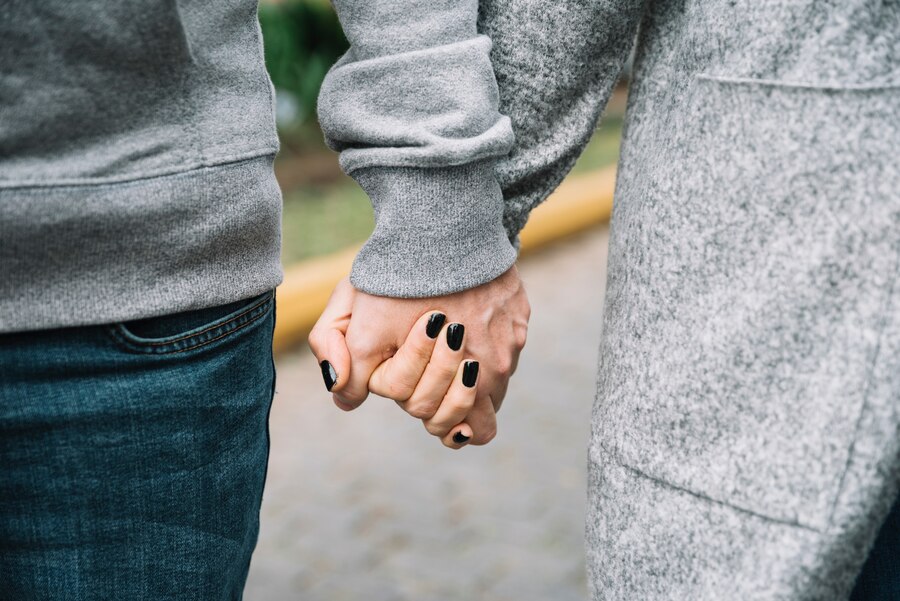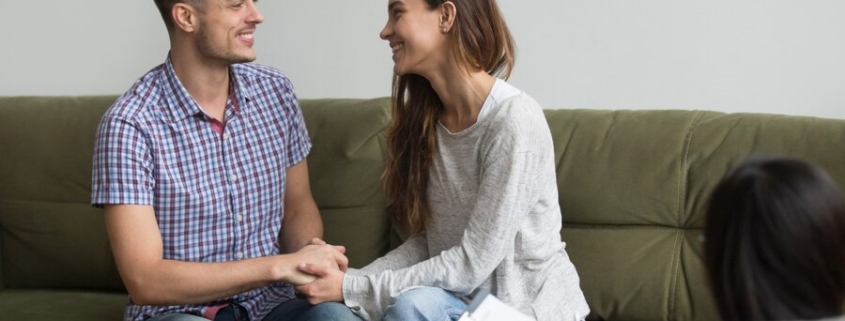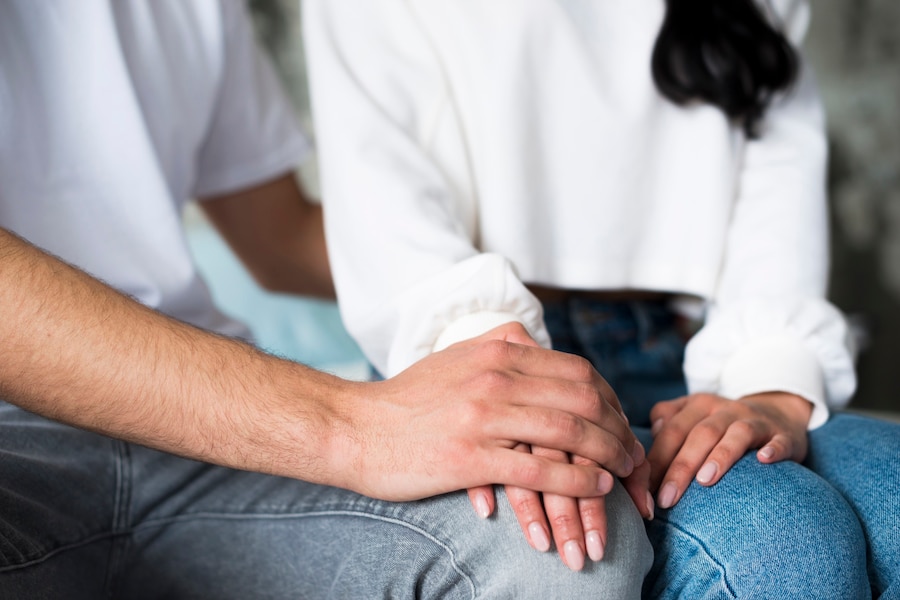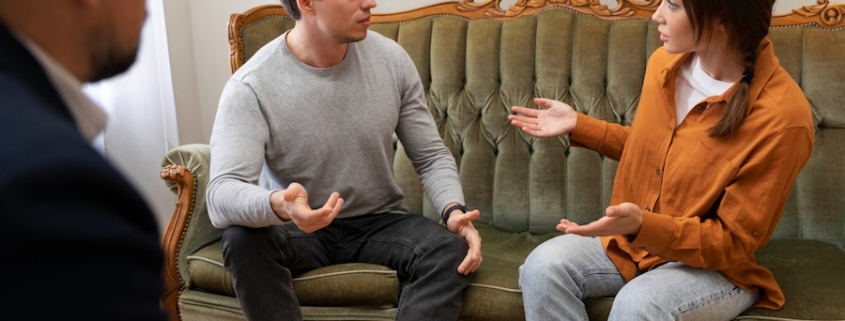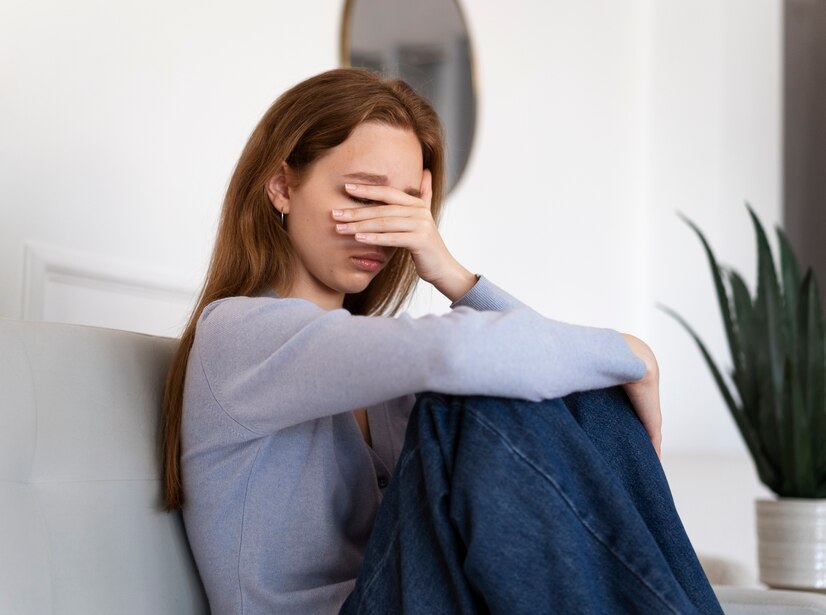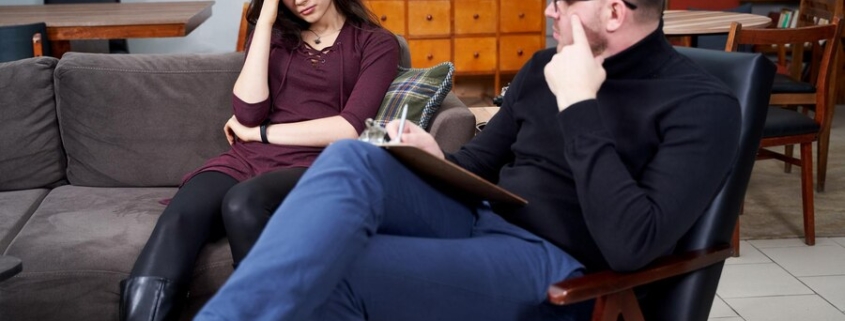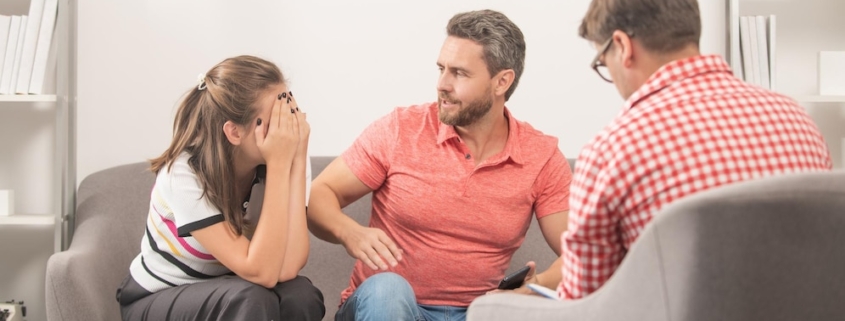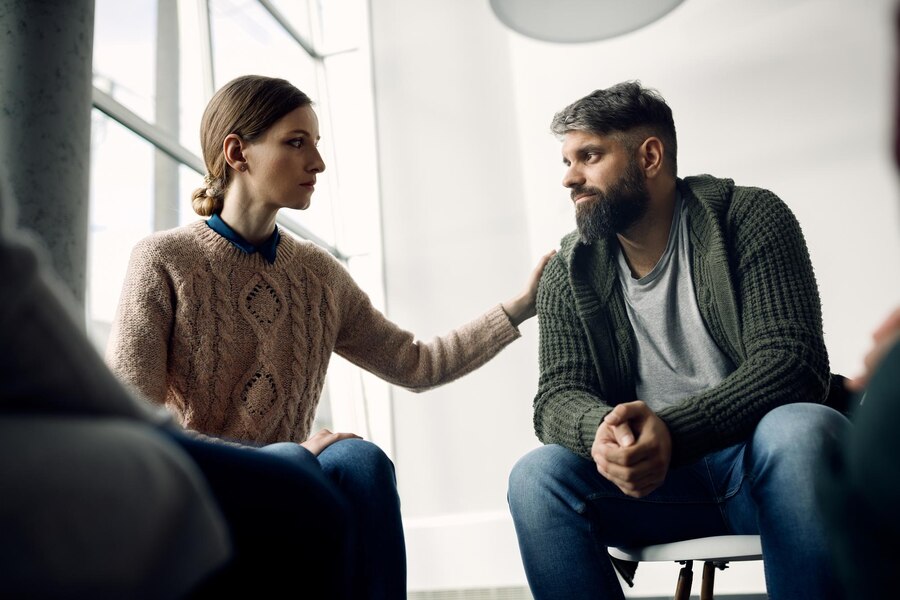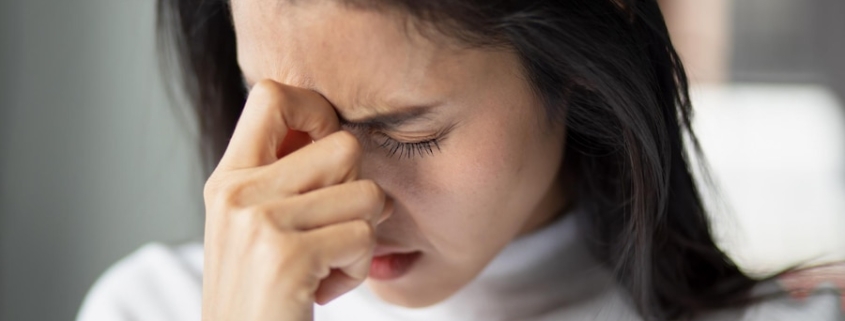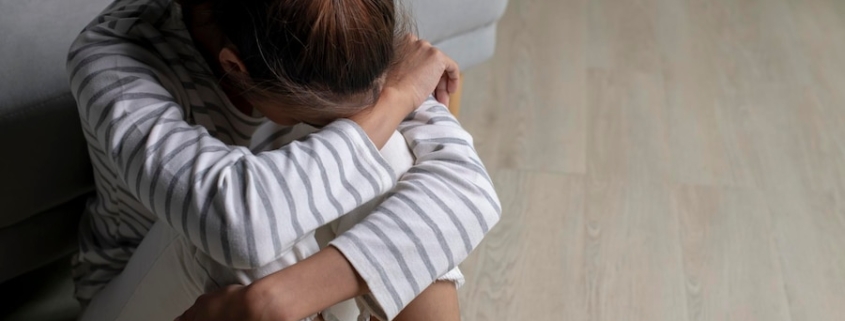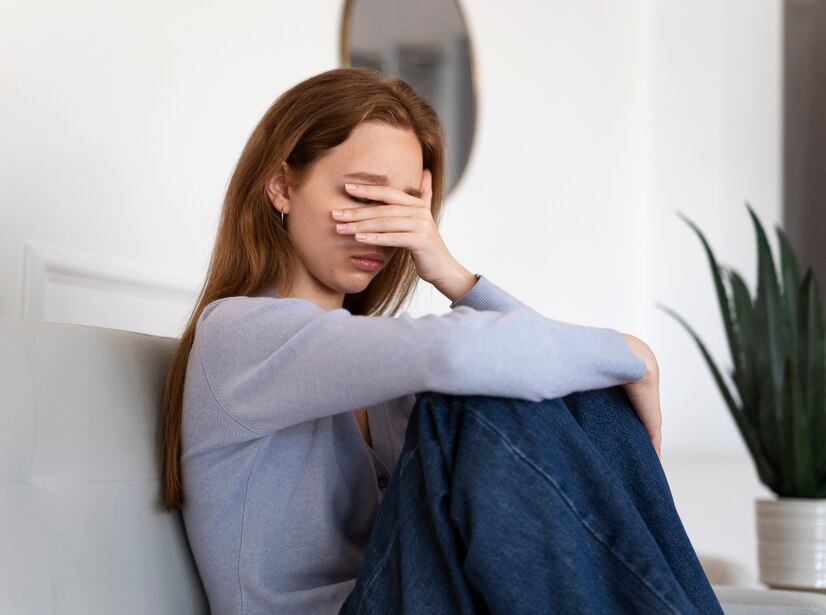Alcohol addiction is a widespread issue that impacts individuals and their relationships. Couples Rehab in Orange County offers specialized treatment programs designed to address the unique dynamics of couples struggling with alcohol addiction. Their approach focuses on treating both partners simultaneously, acknowledging that addiction affects not just the individual but also their relationship. By providing customized treatment plans, Couples Rehab aims to heal both partners and rebuild their relationship from the ground up.
Couples Rehab Services
Understanding Alcohol Addiction in Couples
Alcohol addiction in couples often results in a complex web of relationship issues that can deeply impact both partners. Trust issues, communication breakdowns, and emotional distress are common, as addiction tends to exacerbate conflicts and create a cycle of enabling and codependency. The behavior of one partner can significantly affect the other, leading to a mutually reinforcing cycle of dysfunction. Understanding these dynamics is crucial for effective treatment, as it involves recognizing how each partner contributes to the addiction and addressing the underlying issues that fuel it.
The approach at Couples Rehab is comprehensive, involving both partners in the recovery process to address the intertwined nature of individual and relational healing. This dual focus is essential because the effects of addiction are not confined to one partner; they reverberate throughout the relationship. Couples Rehab’s treatment plan integrates strategies to tackle the addiction itself while also addressing the relational patterns that may have developed. This holistic perspective helps couples break free from the destructive cycle of addiction and work towards a healthier, more supportive partnership.
Benefits of Couples Rehab
Couples Rehab offers several distinct advantages over individual treatment options, primarily through its integrated approach to both addiction and relationship issues. One key benefit is the ability to address relational dynamics that contribute to addiction. By focusing on how relationship patterns impact substance abuse, Couples Rehab helps partners understand and resolve the underlying issues fueling their addiction. This holistic approach improves communication, resolves conflicts, and builds healthier relational patterns alongside recovery.
Another significant benefit is the mutual support provided by both partners throughout the recovery process. When both individuals are involved in treatment, they can offer each other encouragement, accountability, and motivation, enhancing their commitment to sobriety. This shared journey fosters a stronger bond and a unified approach to overcoming addiction. Additionally, Couples Rehab creates a structured environment that supports joint learning and growth, helping partners develop effective coping strategies and build a foundation for a healthier, more supportive relationship.
Treatment Approaches for Couples in Orange County
Couples Rehab in Orange County offers a range of specialized treatment approaches designed to address both alcohol addiction and relationship dynamics. These approaches are tailored to meet the unique needs of couples, integrating evidence-based therapies with practical tools and strategies for comprehensive recovery.
One key approach used at Couples Rehab is Cognitive Behavioral Therapy (CBT). CBT helps couples recognize and alter negative thought patterns and behaviors that contribute to addiction. By focusing on changing these harmful patterns, CBT enables couples to develop healthier coping mechanisms and improve their overall relationship dynamics. This therapy is crucial for managing addiction while fostering better communication and understanding.
Another significant approach is Emotionally Focused Therapy (EFT). EFT aims to strengthen emotional bonds between partners by focusing on emotional expression and connection. For couples dealing with alcohol addiction, EFT addresses underlying emotional issues and enhances intimacy, which is essential for long-term recovery. This therapy helps couples build a more resilient and supportive relationship, which is crucial for overcoming addiction together.
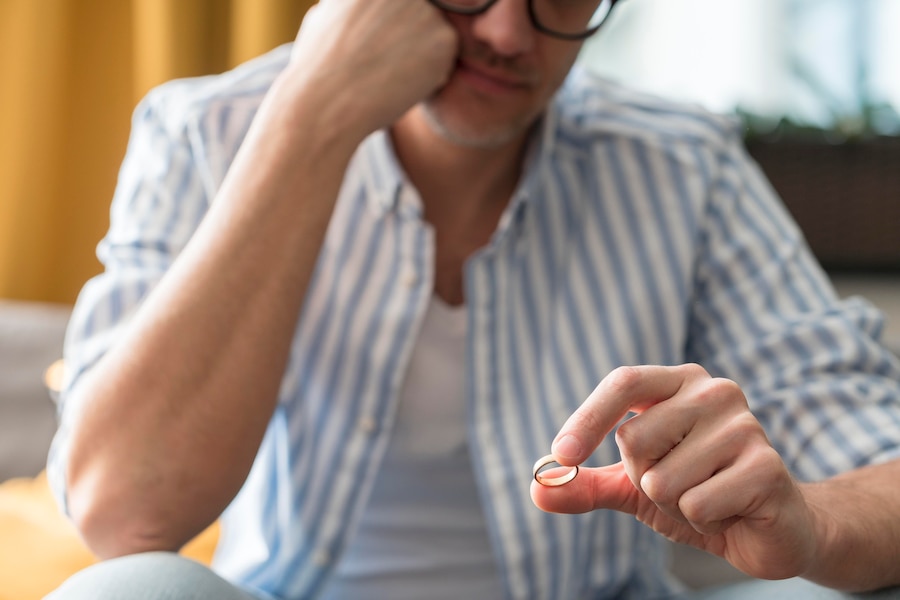
Integrated Treatment Programs
Integrated treatment programs at Couples Rehab are designed to address both addiction and relationship issues simultaneously. This holistic approach ensures that both partners receive the necessary support for their individual and collective recovery. The integrated programs may include individual therapy, couples therapy, and group therapy, all working together to provide a well-rounded treatment experience.
These programs are tailored to meet the specific needs of each couple, recognizing that every relationship and addiction scenario is unique. By considering individual circumstances and challenges, the treatment plan becomes highly relevant and effective. This personalized approach aims to address the root causes of addiction and relationship issues, providing both partners with the tools and strategies needed to foster a healthier, more supportive relationship.
The integration of various therapeutic modalities allows for a more rounded and cohesive treatment experience. Individual therapy focuses on personal addiction issues, couples therapy works on improving communication and relational dynamics, and group therapy provides additional support and shared experiences. Together, these elements contribute to a comprehensive recovery plan that promotes lasting change and strengthens both the relationship and individual well-being.
Choosing the Right Couples Rehab Program
Selecting the right couples rehab program is a crucial step in the recovery process. Couples should consider several factors when choosing a program, including the qualifications of the therapists, the treatment modalities offered, and the program’s track record of success. It is important to find a program that aligns with the couple’s values and goals and provides a supportive and safe environment for recovery.
Couples Rehab in Orange County offers a range of treatment options designed to meet the diverse needs of couples struggling with alcohol addiction. By researching and evaluating different programs, couples can find the right fit for their specific situation and increase their chances of achieving lasting recovery.
Post-Treatment Support and Aftercare
Post-treatment support and aftercare are crucial for ensuring the long-term success of couples in recovery. At Couples Rehab, we understand that the journey doesn’t end with the completion of a treatment program. Our comprehensive aftercare services are designed to help couples sustain their progress and effectively manage the ongoing challenges of life after treatment.
Aftercare typically includes follow-up counseling sessions, which allow couples to review their progress, address any emerging issues, and refine their coping strategies. Support groups provide a valuable space for continued connection with others who understand the unique struggles of recovery. These groups offer encouragement, accountability, and shared experiences, which are instrumental in maintaining motivation and fostering personal growth.
In addition to counseling and support groups, Couples Rehab offers access to a range of resources tailored to the needs of recovering couples. These resources may include workshops on relationship skills, individual therapy options, and community resources that support continued well-being. By leveraging these tools, couples can reinforce the skills and insights gained during treatment, navigate new challenges, and build a more resilient and healthy relationship moving forward.
Alcohol Addiction Treatment in Orange County at Couples Rehab
Alcohol addiction treatment for couples in Orange County at Couples Rehab provides a comprehensive and integrated approach to recovery, addressing both the substance abuse and the underlying relationship issues. This holistic solution ensures that couples receive the support needed to tackle their addiction while simultaneously strengthening their relationship. By offering specialized treatment programs that include evidence-based therapies and holistic practices, Couples Rehab helps couples navigate their recovery journey together, fostering both individual growth and relational healing.
The focus on both addiction and relationship dynamics equips couples with the tools and skills necessary for long-term success. Ongoing support and post-treatment resources further enhance the recovery process, helping couples maintain their progress and build a healthier, more supportive partnership. Investing in couples-focused treatment at Couples Rehab not only facilitates lasting sobriety but also revitalizes the relationship, paving the way for a renewed sense of partnership and mutual support. Contact us today to explore how our specialized programs can transform your journey to recovery and strengthen your relationship.
FAQ’s
Answer: Absolutely! Couples Rehab offers specialized alcohol addiction treatment programs for couples in Orange County, CA. We understand the unique challenges couples face, and our programs provide a supportive environment for recovery together.
2. Are there any benefits to attending alcohol addiction treatment together as a couple in Orange County, CA?
Answer: Numerous benefits exist! Couples treatment in Orange County, CA fosters a supportive recovery journey:
- Shared accountability: Supporting each other keeps you motivated and strengthens your bond.
- Improved communication: Couples therapy builds healthy communication skills to address addiction openly and honestly.
- Relapse prevention: Learning coping mechanisms together equips you to face challenges and prevent relapse as a unit.
- Stronger relationship: Overcoming addiction strengthens your relationship foundation and rebuilds trust.
3. What does a typical day look like in Couples Rehab’s alcohol addiction treatment program in Orange County, CA?
Answer: Our programs in Orange County, CA offer a structured schedule with individual therapy sessions, tailored couples therapy, and group sessions with other couples facing similar challenges. Educational workshops and relapse prevention strategies are often integrated.
4. Will individual needs be addressed in Couples Rehab’s alcohol addiction treatment program in Orange County, CA?
Answer: Absolutely! We understand individual struggles within a couple. Our Orange County program incorporates individual therapy sessions for you to address personal challenges related to alcohol addiction in a safe and confidential space.
5. What types of therapy are used in alcohol addiction treatment for couples at Couples Rehab in Orange County, CA?
Answer: Our evidence-based therapies in Orange County, CA include:
- Cognitive-behavioral therapy (CBT): Identifying and changing negative thought patterns that contribute to addiction.
- Couples therapy: Developing healthy communication skills and addressing relationship issues related to alcohol abuse.
- Motivational interviewing: Encouraging and supporting each other’s commitment to lasting recovery.
6. Is Couples Rehab’s alcohol addiction treatment program in Orange County, CA confidential?
Answer: Confidentiality is paramount. Our Orange County program ensures your privacy and the security of your personal information throughout treatment.
7. What happens if only one partner wants to attend alcohol addiction treatment at Couples Rehab in Orange County, CA?
Answer: While participation by both partners is ideal, we still offer support in Orange County, CA. We can guide the willing partner through the program while offering resources for the hesitant partner.
8. What is the cost of alcohol addiction treatment for couples at Couples Rehab in Orange County, CA? Does insurance cover it?
Answer: Costs vary depending on program length and intensity. We offer flexible payment options and work with most major insurance providers in Orange County, CA to maximize your treatment coverage.
9. How long does Couples Rehab’s alcohol addiction treatment for couples typically last in Orange County, CA?
Answer: The program duration is individualized. Options in Orange County, CA range from intensive 30-day programs to longer-term programs catering to your specific needs and progress.
10. What happens after completing alcohol addiction treatment for couples at Couples Rehab in Orange County, CA?
Answer: Long-term recovery is our priority. Our team in Orange County, CA develops a personalized aftercare plan with support groups, relapse prevention strategies, and ongoing therapy to maintain your sobriety journey together.






